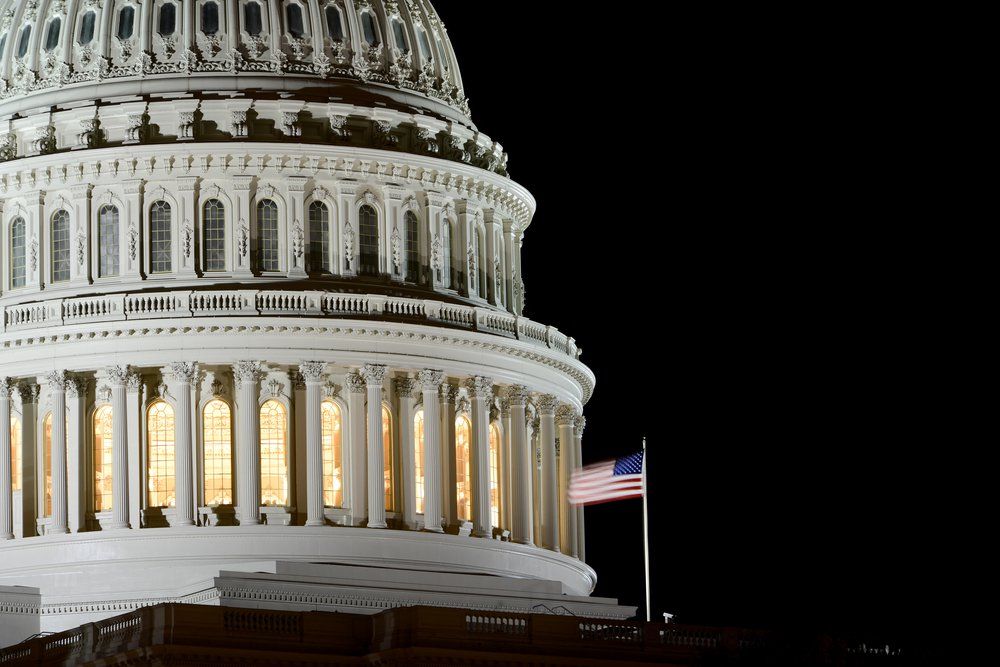Article
UPDATE
On finance and practice
Good news for savers

If you're 70½ or older, the new pension law also will let you withdraw up to $100,000 a year from a traditional or Roth IRA tax-free if you donate the money directly to a charity.
The average family with school-aged children plans to spend $527 on back-to-school expenses this year, up from $444 last year, says the National Retail Federation. Clothing and shoes will eat up $326 ($354 for children who have to wear a school uniform). Teenagers are expected to spend an average of $29 of their own money for extras, while preteens will kick in $13.
Rise in tax audits isn't really that scary
More high-income taxpayers have been audited since 2002, but two-thirds of the exams involve little more than a letter from the IRS, says the Treasury Inspector General for Tax Administration. In 2005, 67 percent of high-income individual audits were correspondence examinations requesting verification of items on the tax returns. In comparison, roughly half of audits in 2002 were conducted by mail and half consisted of office and field examinations, including face-to-face interviews. The total audit rate of high-income taxpayers, whose returns report incomes of $100,000 or more, was 1.53 percent in fiscal 2005, compared to 0.86 percent in 2002. But while the number of in-person exams went up by 25 percent during that period, the pace of correspondence exams shot up by 170 percent.
We'll soon know what those CEOs really make
Stockholders will learn exactly what top executives are making each year under SEC rules that'll take effect for fiscal years ending on or after Dec. 15. Companies will have to disclose what their chief executive officer, chief financial officer, and the next three highest-paid executives get, including salary, bonuses, stock options, perks, and pension benefits. The disclosures-which will be included in proxy statements, annual reports, and other SEC filings-will add up all the extras to provide each executive's total annual compensation, plus explain the numbers in plain English.
Will boomers spark a bear market?
Retiring baby boomers aren't likely to cause a meltdown on Wall Street when they start reaching age 62, since most of them have few financial assets to sell off, says a Government Accountability Office study. In fact, one-third of boomers don't own any invested assets. The wealthiest 10 percent of boomers own more than two-thirds of the $7.6 trillion in stocks, bonds, mutual funds, and retirement accounts held by their generation, who were born between 1946 and 1964. If boomer retirees act like current retirees do, they'll slowly spend down their assets rather than sell them all off at once, which could cause a sharp and sudden drop in asset prices, as some economists worry.





